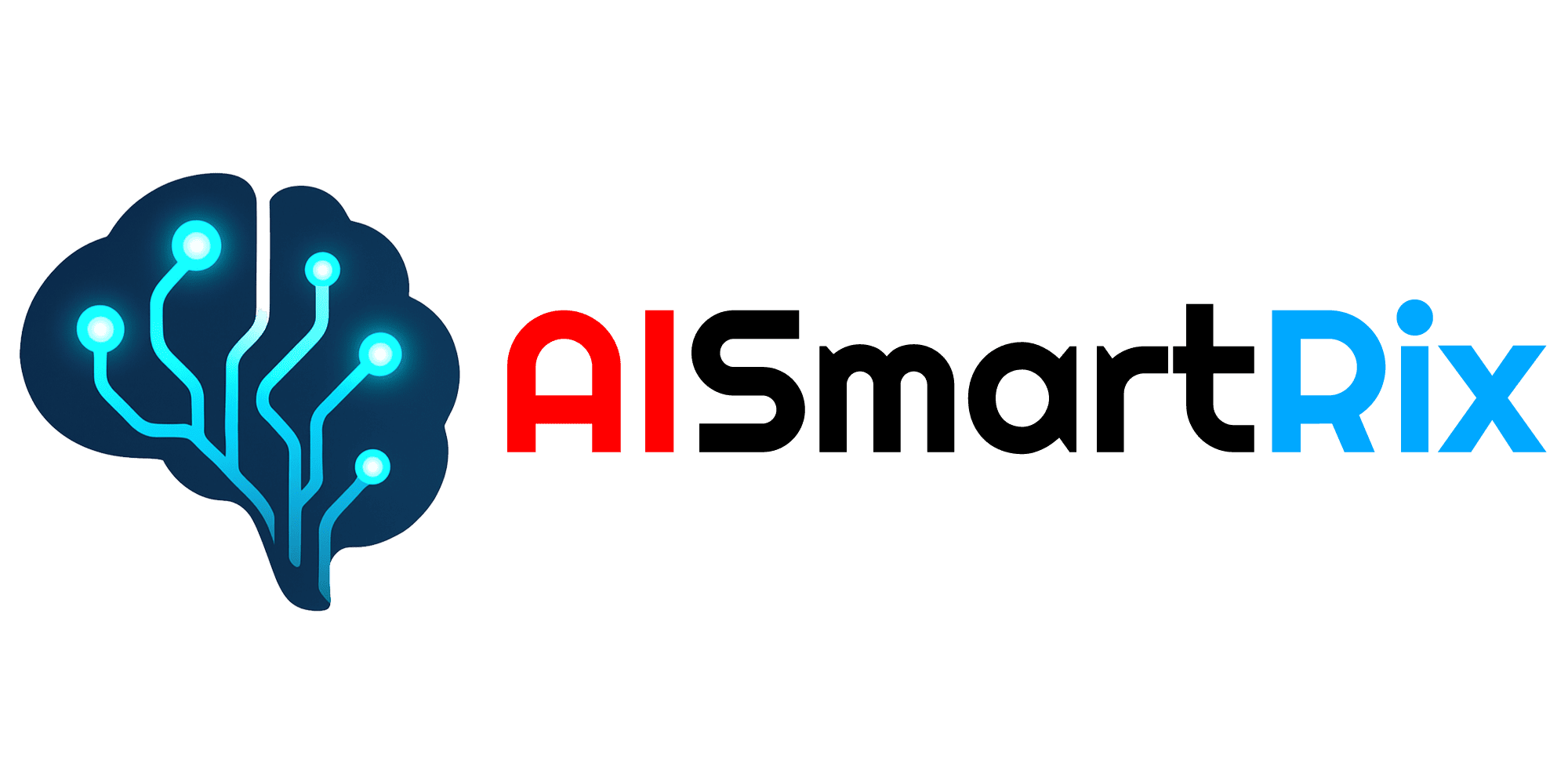AI in Entertainment: From Netflix Recommendations to Virtual Celebrities
Entertainment is undergoing a profound transformation. Artificial Intelligence (AI) is no longer a behind-the-scenes tool—it’s shaping what we watch, play, and experience. From personalized streaming recommendations to virtual influencers and AI-generated content, the entertainment industry in 2025 is more intelligent, immersive, and interactive than ever before.
This article explores the ways AI is revolutionizing entertainment, the companies leading the charge, and what consumers can expect in the coming years.
1. AI-Powered Personalization in Streaming
One of the most visible impacts of AI in entertainment is personalized streaming. Platforms like Netflix, Disney+, and Amazon Prime use AI algorithms to:
- Recommend shows and movies based on viewing history.
- Predict user preferences by analyzing engagement patterns.
- Optimize thumbnails and previews to increase viewer retention.
AI doesn’t just enhance user experience; it also increases platform engagement, making content delivery smarter and more tailored.
2. Virtual Celebrities and Digital Influencers
AI is enabling a new era of virtual celebrities. These computer-generated personalities can:
- Star in movies, music videos, and live streams.
- Interact with fans in real-time using AI chatbots.
- Perform customized content based on audience preferences.
Companies like Brud (creator of Lil Miquela) and emerging AI entertainment studios are pioneering virtual influencers, blurring the line between reality and digital creativity.
3. AI in Music and Sound Production
AI is also transforming music creation and sound design:
- AI-generated music: Tools like OpenAI’s Jukebox and Amper Music can compose songs in various styles.
- Adaptive soundtracks: Video games and films use AI to modify soundscapes in real-time based on player interaction or scene context.
- Voice synthesis: AI can recreate realistic voices for dubbing or virtual performances.
These innovations allow artists and producers to experiment with creativity at scale, reducing production time and costs.
4. Gaming Gets Smarter
AI is shaping the gaming industry in unprecedented ways:
- Intelligent NPCs: Non-player characters react dynamically to player choices.
- Procedural content generation: AI creates levels, worlds, and narratives automatically.
- Personalized experiences: AI analyzes play style to suggest challenges and optimize difficulty.
Gamers now enjoy more immersive and responsive worlds, pushing the boundaries of interactive entertainment.
5. AI in Film and Animation
Hollywood and animation studios are embracing AI to enhance both production and storytelling:
- Script analysis: AI predicts audience engagement and suggests plot improvements.
- Visual effects (VFX): AI accelerates rendering, motion capture, and scene compositing.
- AI actors: Digital characters can perform stunts, expressions, or even dialogue without physical actors.
AI helps reduce costs, improve creativity, and increase production efficiency across the entertainment industry.
6. Advertising and Audience Engagement
Entertainment is not just about content—it’s about connecting with audiences. AI enables:
- Targeted advertising: Recommending products and services within entertainment content.
- Behavioral analysis: Predicting trends and fan engagement for new releases.
- Interactive storytelling: AI-driven platforms create branching narratives based on viewer choices.
These tools allow brands and creators to reach audiences more effectively while enhancing user experience.
7. Ethical Considerations and Challenges
Despite its promise, AI in entertainment raises important questions:
- Digital authenticity: How do audiences distinguish real from virtual?
- Copyright and ownership: Who owns AI-generated content?
- Bias and representation: AI may perpetuate stereotypes if trained on biased datasets.
- Employment impact: Automation may change jobs for artists, animators, and writers.
Navigating these challenges is essential to ensure AI benefits creativity while respecting human artistry.
8. The Future of AI in Entertainment
By 2030, AI will continue to reshape entertainment:
- Fully immersive virtual worlds: AI-driven VR experiences adapting to individual players.
- Interactive films and series: Viewers shape storylines through AI decision-making.
- AI co-creators: Artists collaborate with AI to produce hybrid works blending human intuition and computational creativity.
The entertainment experience will be more personalized, interactive, and limitless, unlocking opportunities previously unimaginable.
Conclusion
AI is no longer an auxiliary tool in entertainment—it’s at the heart of innovation, enhancing streaming, music, gaming, film, and interactive experiences. From personalized recommendations to virtual celebrities, AI is changing how content is created, delivered, and experienced.
The question is: Which AI-powered entertainment innovation excites you the most, and how do you see it transforming your media experiences in the next five years?





